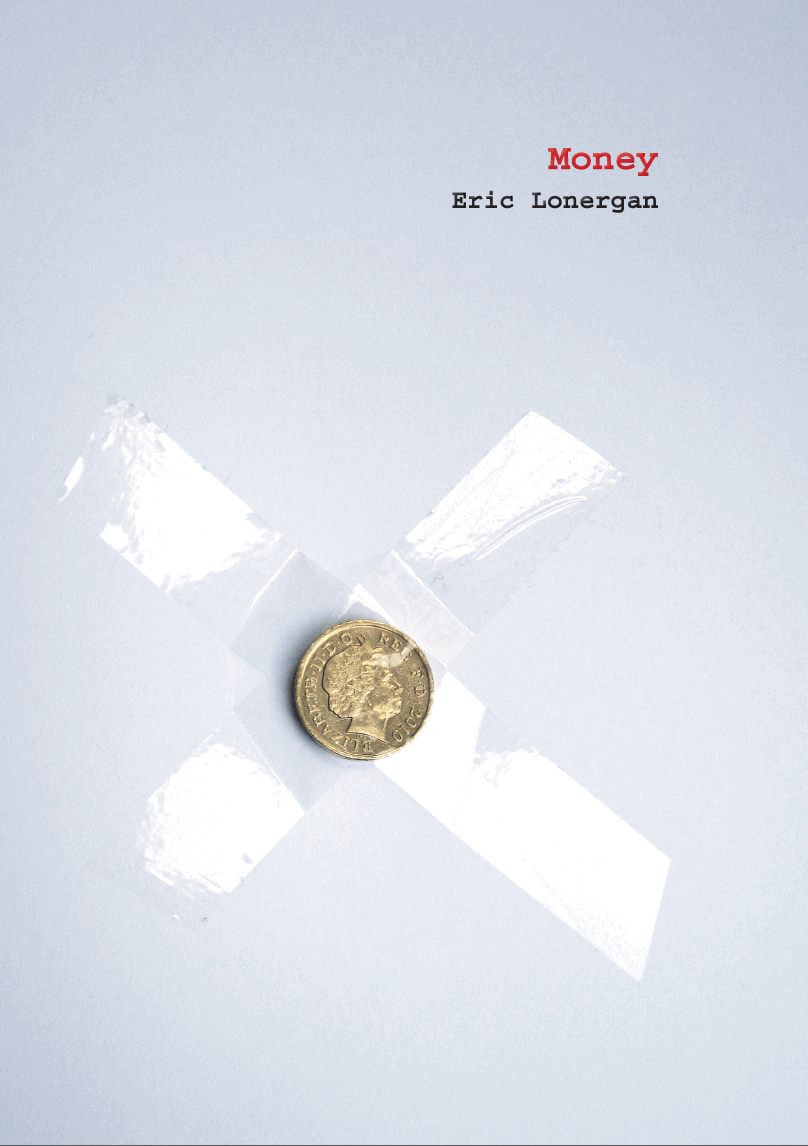Time
Family time:
Many informal obligations between people involve time. Parents provide for children when they are young, and children owe them support when they are old. This is a form of inter-temporal exchange. In tribal societies there are many informal obligations to the extended family, which provide for inter-temporal exchange or insurance against misfortune. But money, science and institutional stability have hugely increased the scope and complexities of our relations with the future.
Control the future
Money permits us to have a future we strive to control.
We strive to reduce uncertainty in our lives. Life is unliveable if we act and reason in a manner wholly consistent with the truth of how little we know. The future is particularly uncertain, and fraught with risk. Money is the means by which we try to control it. But this property is also paradoxical: human beings crave certainty, but are excited by risk. Money fulfils this desire benignly through inventive and experimental risk-taking, but also facilitates leveraged gambling. Surprisingly, it is this relationship to uncertainty and risk that money shares with religion. Religion also seeks to satisfy these desires. At times it provides the promise of certainty about our purpose or future, but it also pursues the intrinsic appeal of mystery and risk-taking.
The theme of time and money is discussed in more detail in Eric Lonergan’s book, Money (Acumen Publishing)
Parfit, D. “An interview with Derek Parfit”, Cogito, vol. 9, 1995, pp. 115-125.
Pronin, E. (2008). “How we see ourselves and how we see others”. Science, 320, 1177-1180.


Leave a Reply